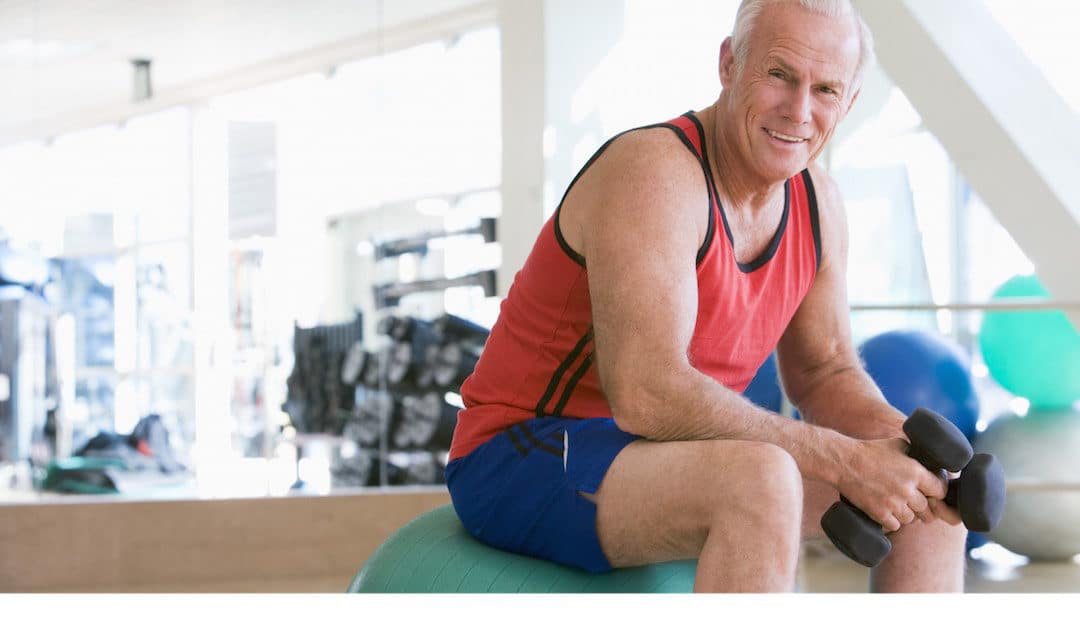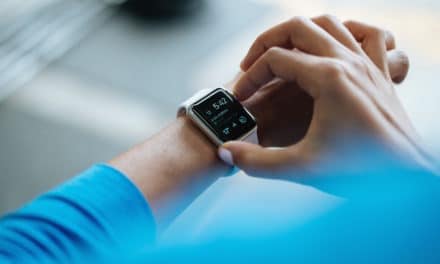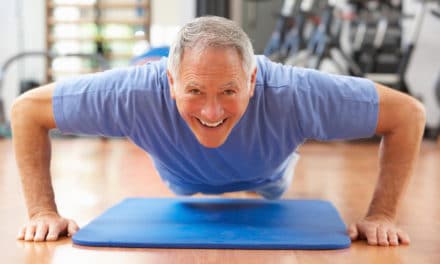Author
Guest Writer I UK
People in their 60s work out up to eight times a month – making them the most regular users.
- Baby boomers are most regular gym users in the UK – eight times a month
- But those in their 20s – the Milennials – go an average of five times a month
- Study shows a ‘huge shift’ in the attitudes of those in their sixties to aging
Norman Brown, aged 66, is one of Nuffield Health’s oldest personal trainers and has been training members for eight years at the chain’s Warwick branch. ‘While you may expect younger people to be in the gym more as they are perceived to be more body conscious, it’s actually those in their sixties who are exercising more,’ he said. ‘We have seen a huge shift in the attitudes of those who are in their sixties when it comes to ageing.
‘They know that keeping fit and healthy is a key factor in aging well and are choosing to embrace a healthier lifestyle to maintain or improve both their physical and mental wellbeing.’ The Nuffield Health prospects survey also revealed that 55 per cent of over 55s who were looking to join the gym this year enquired with the intention of improving their current fitness. Almost one in five (18 per cent) over the age of 55 did so because they had an existing medical condition that means they need to be more active, and almost a quarter (24 per cent) enquired because they wanted to control their weight. Mr Brown added: ‘The main benefits [of keeping in good health] for me are to maintain independence, avoid the common lifestyle illnesses and to feel good. ‘Making exercise and healthy eating choices now is the best way to help you age well but, above all, remember the less you do today, the less you will be able to do in the future.’
Dr Davina Deniszczyc, Nuffield Health Medical Executive Director, said: ‘As we age, the risk of serious health issues, such as cardiovascular disease and type 2 diabetes, increases so it is especially important to make sure we continue to be active in order to lower this risk.’






